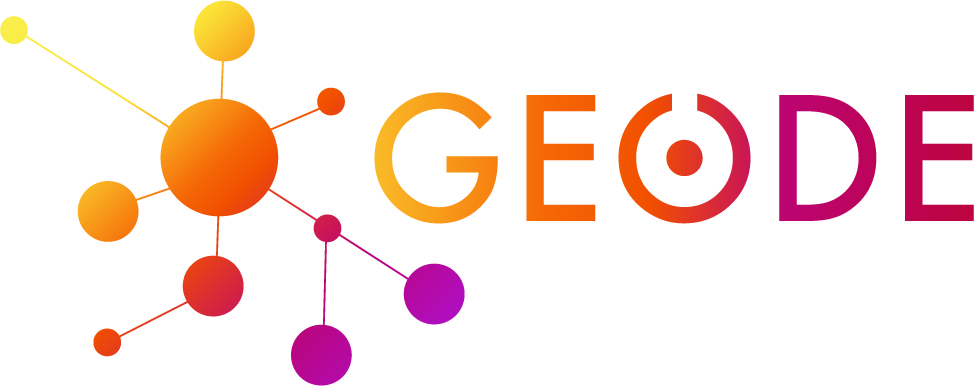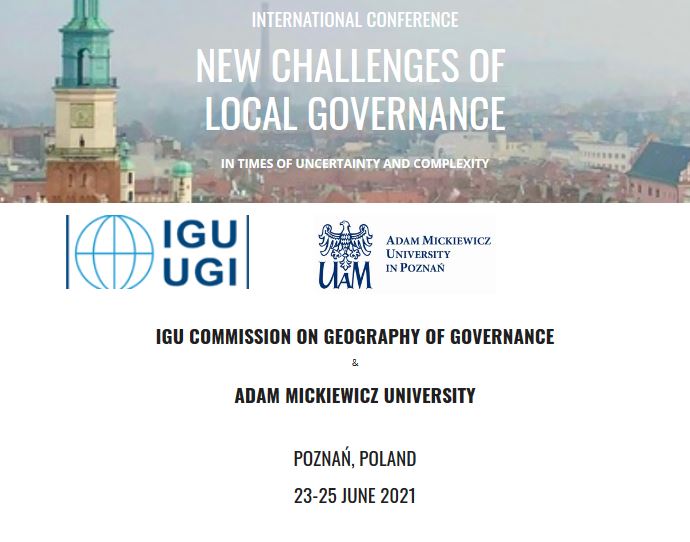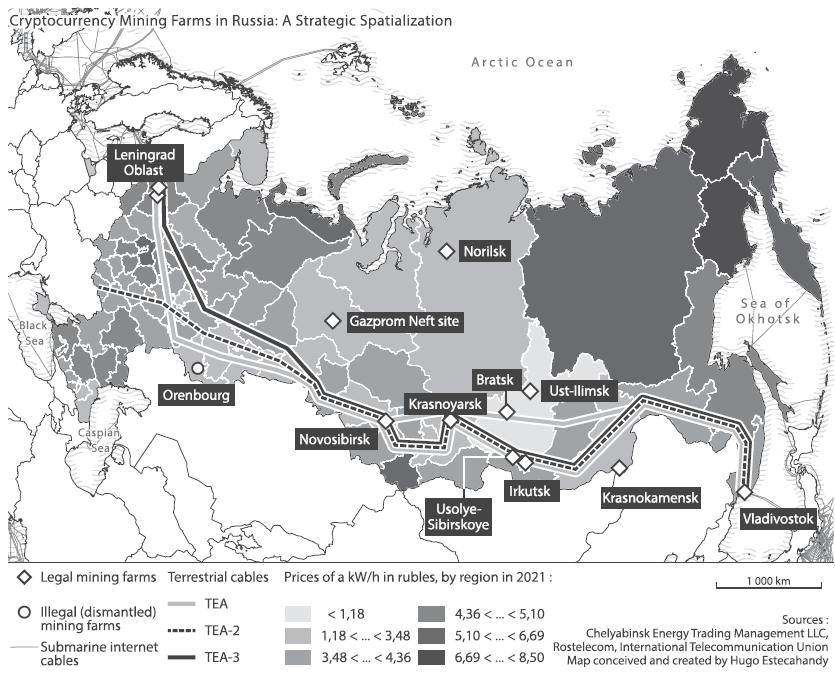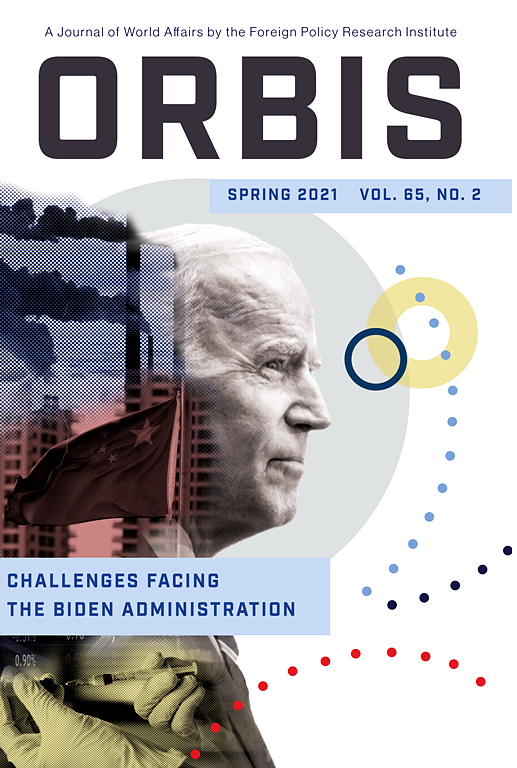GEODE researchers in the special issue “From cyberspace to the datasphere: strategic challenges of the digital revolution”
Journal of Cyber Policy
17 August 2021
Authors

Take a look at the special issue of the Journal of Cyber Policy which contains a selection of papers published in French by Herodote in June 2020 :
- “Mapping the spread of Russian and Chinese contents on the French-speaking African web” co-authored by Frédérick Douzet, Kevin Limonier, Selma Mihoubi and Elodie René.
- “Free and open source software in the new digital public policies in Russia” by Marie-Gabrielle Bertran.
- “The strategic surprise of Russian information operations on social media in 2016 in the United States: mapping a blind spot”
by Camille Francois & Herb Lin. - “Cryptocurrencies and processing power in Russia: a new strategic territory in eastern Siberia?” by Hugo Estecahandy & Kevin Limonier.
- “Cyberspace is used, first and foremost, to wage wars: proliferation, security and stability in cyberspace.” by Frédérick Douzet & Aude Gery.
Partager l'actualité
Twitter
LinkedIn








